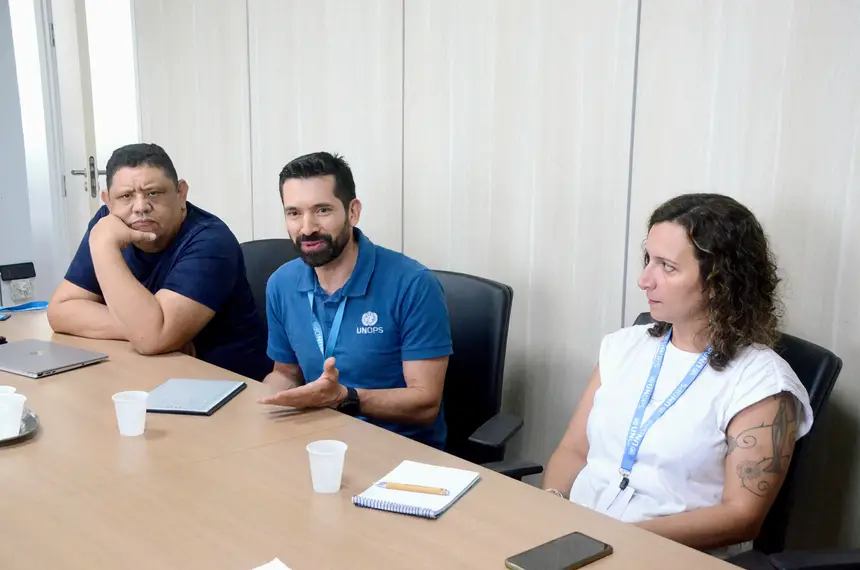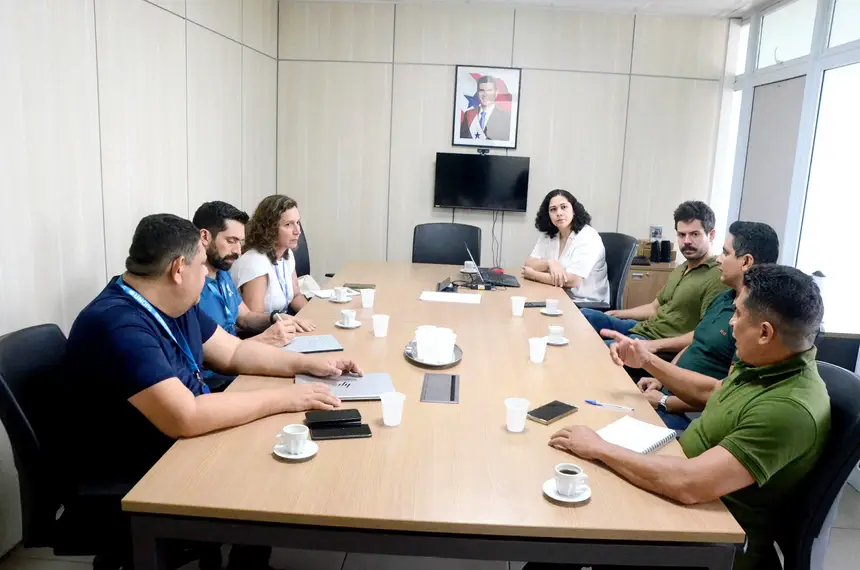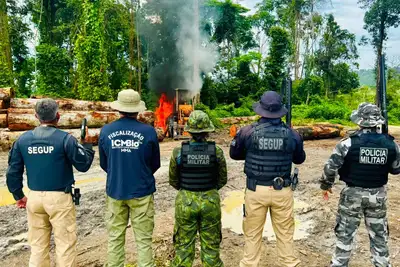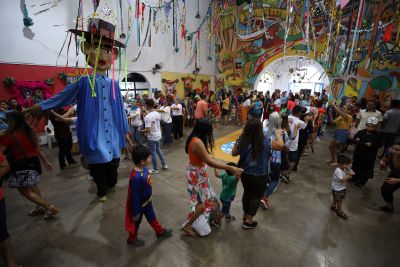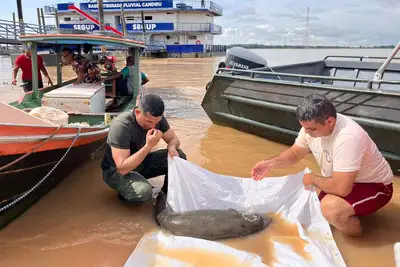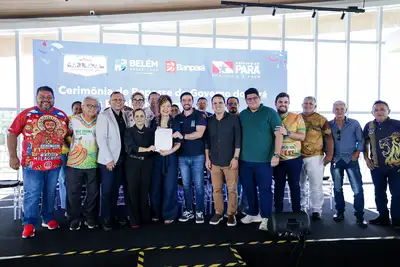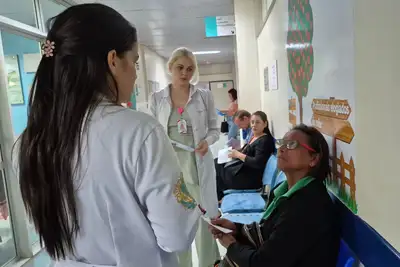Seduc and UN Team Visit Indigenous Schools for Construction of Units
Action in the Sede and Frasqueira villages, in Capitão Poço, aims to ensure the attention to the cultural and territorial specificities of the peoples
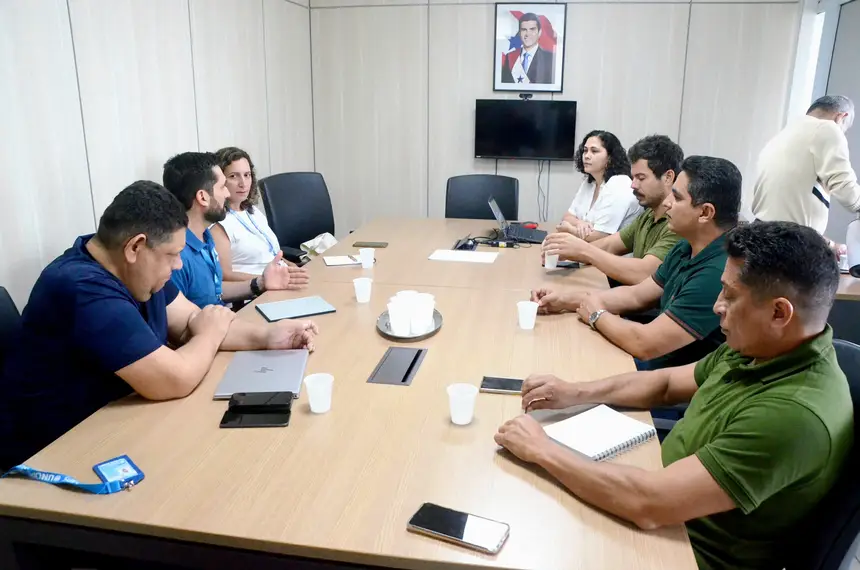
The regional team of the United Nations Office for Project Services (UNOPS), with the support of the State Department of Education (Seduc-PA), begins, this Friday (23), the schedule of technical visits to two indigenous communities that will receive state school construction works. The destination is the municipality of Capitão Poço, in the Sede and Frasqueira communities, of the Tembé ethnicity.
According to Diogo Cavallari, National Specialist in Construction Management at UNOPS, strategies for monitoring the works and mitigating social, environmental, health, and labor safety risks will be developed based on visits to the Indigenous State Schools Félix Tembé and Rufino Romão Tembé, both in Capitão Poço.
“This is important so that everything goes as close to ideal as possible during the constructions. We will visit two four-classroom schools. From these two, we identify the main challenges and extrapolate to the other schools, therefore, from the perspective of developing the general strategies. It is sufficient that we visit these two larger ones since, for example, the smaller schools, like the two-classroom ones, tend to have very similar and simpler problems than in this four-classroom context,” pointed out Cavallari.
This movement is the result of the partnership between the National Fund for Educational Development (FNDE) and UNOPS, which is currently bidding for the construction of 13 schools, among quilombola and indigenous. The state network will have, at the end of the process, 8 new indigenous schools. Four of them (three in Capitão Poço and one in Paragominas) are already in the phase of hiring the company. The next bidding will be for two teaching units in Jacareacanga (Sai-Cinza and Missão São Francisco villages) and two in Oriximiná (Inajá and Kwanamari villages). All information is available here.
“Ensuring better teaching conditions for indigenous and quilombola education is a clear priority. The partnership with the UN, FNDE, Seduc, and the municipalities is essential for us to advance more efficiently in this commitment. Having our teams with UNOPS on another technical visit is fundamental precisely to ensure that the characteristics of each community are respected and reflected throughout the process. It is by working together, with the active participation of those who will receive the new schools, that we can offer quality education, better conditions for our professionals, and more opportunities for the entire school community,” stated Rossieli Soares, Secretary of State for Education of Pará.
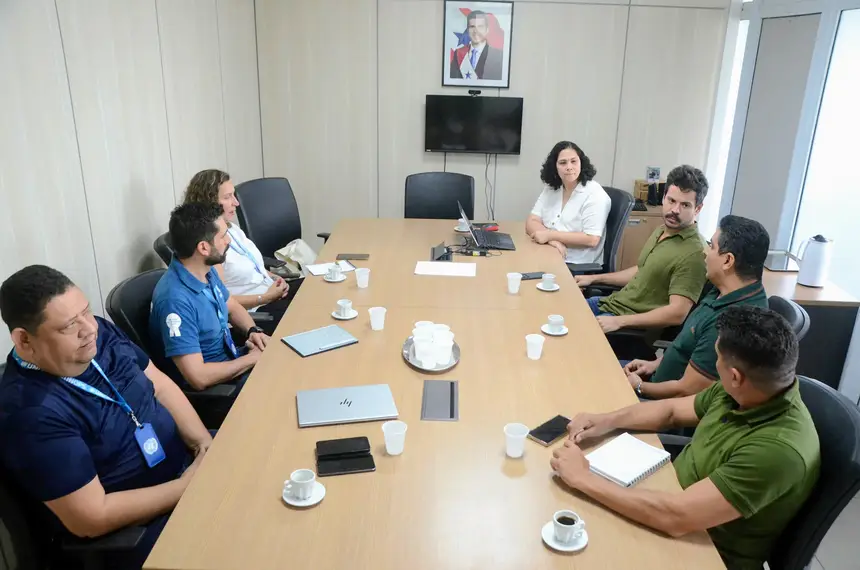
The first visits made by the FNDE and UNOPS teams to the indigenous communities took place in September 2024 and April 2025, resulting in a diagnostic report on the buildings and technical recommendations from an engineering perspective.
The planning of actions for the resumption of works also involved the dialogue of the Foundation for Support of the Development of Education in Pará (Fadep) with indigenous and school leaders. According to the Director of Works at Fadep, Danusa Mayara de Souza, this process was fundamental for understanding the needs of these communities and adapting the school construction projects.
"The articulation work carried out by Fadep with UNOPS, FNDE, Seduc, and indigenous leaders was essential to ensure the alignment of discussions related to the resumption of works. This continuous dialogue allowed the demands of the communities to be understood and duly considered, enabling the necessary adjustments in the projects, both to meet cultural and territorial specificities and to ensure compliance with technical standards and current engineering and education parameters," she stated.


